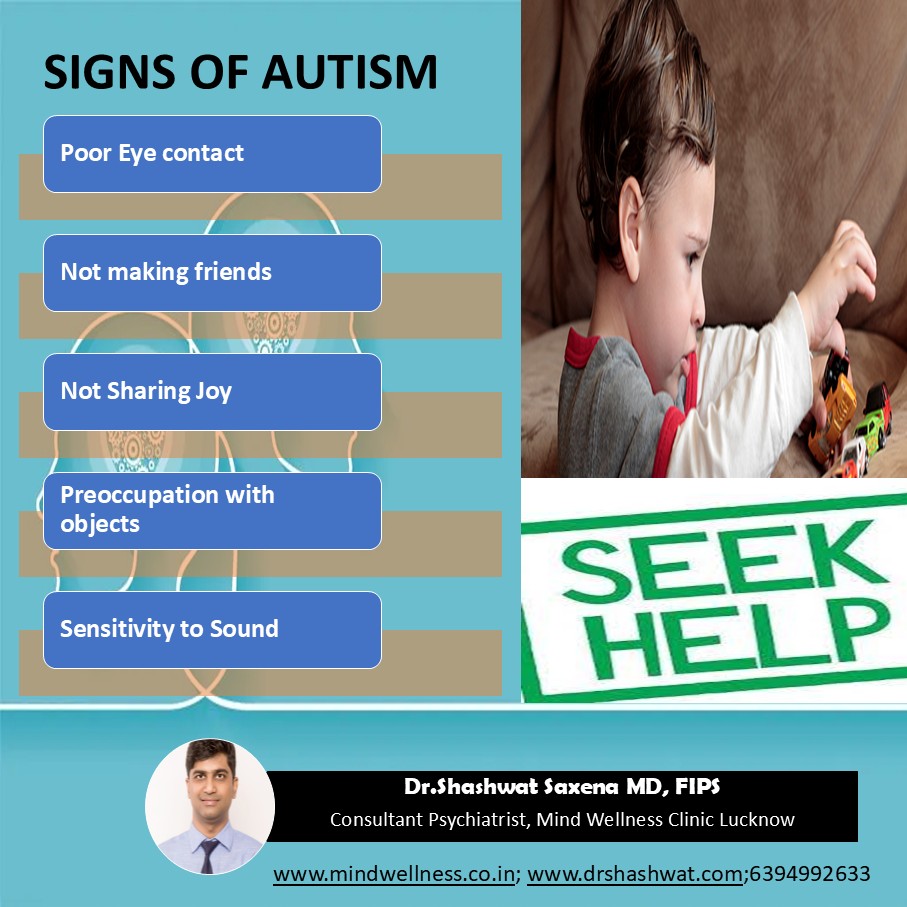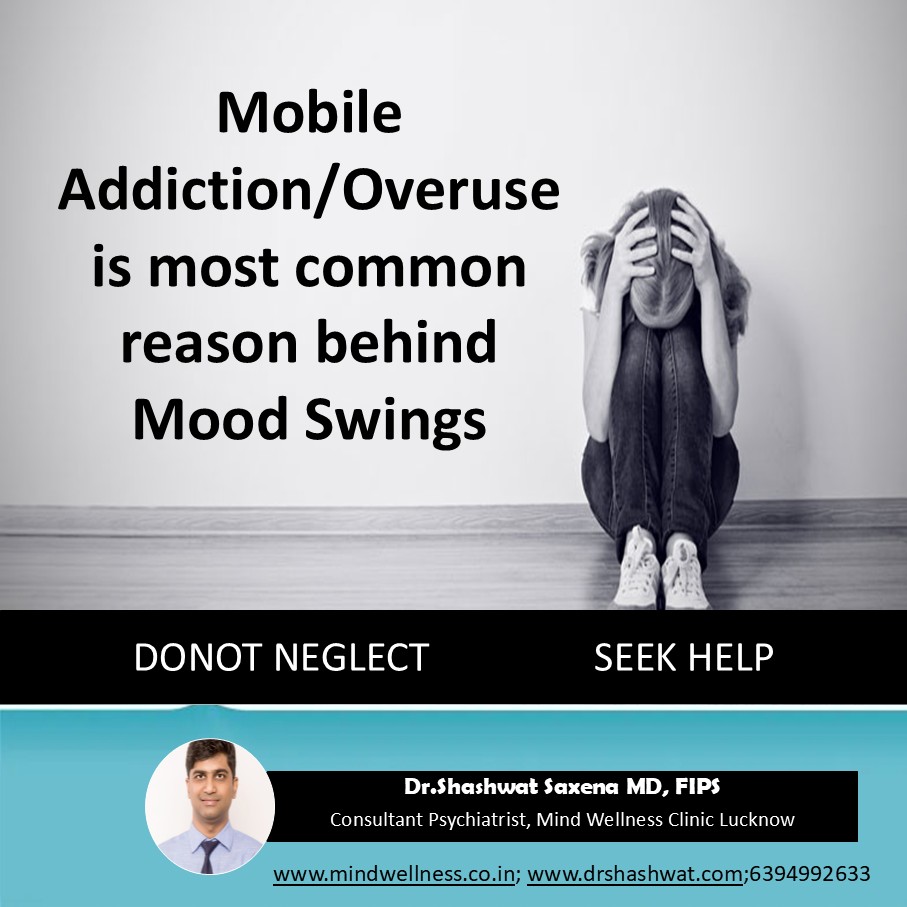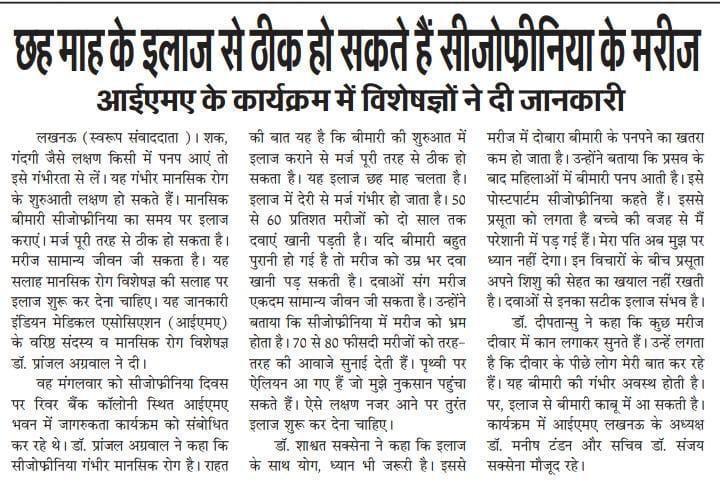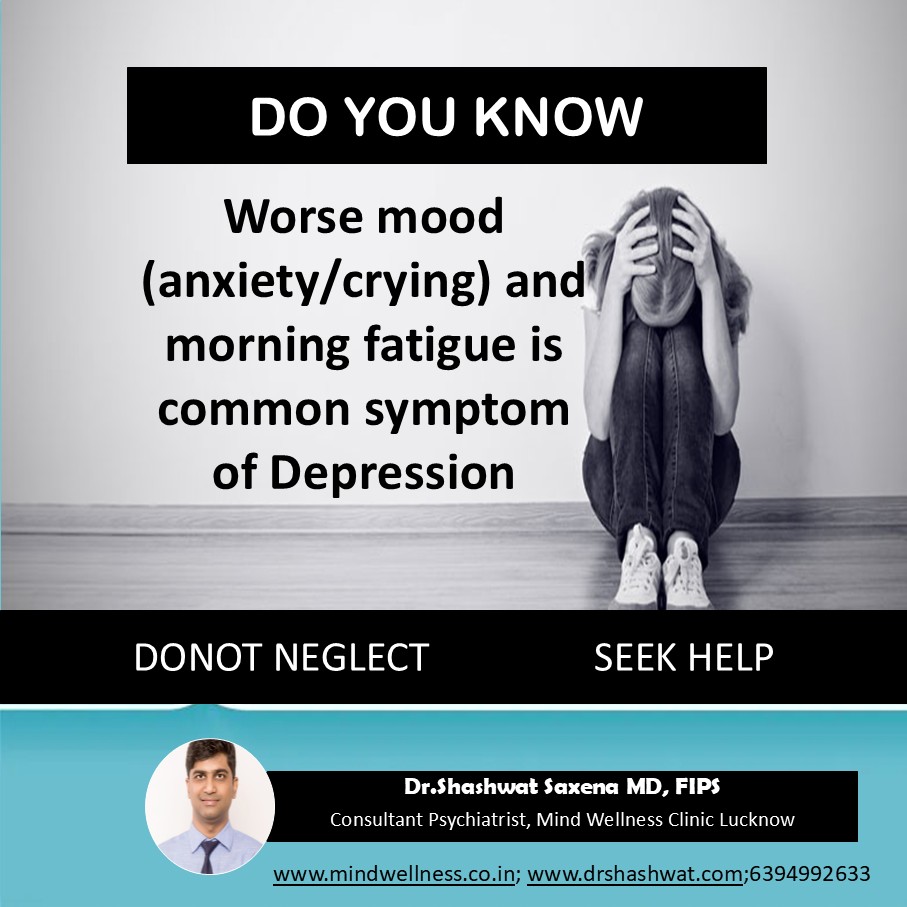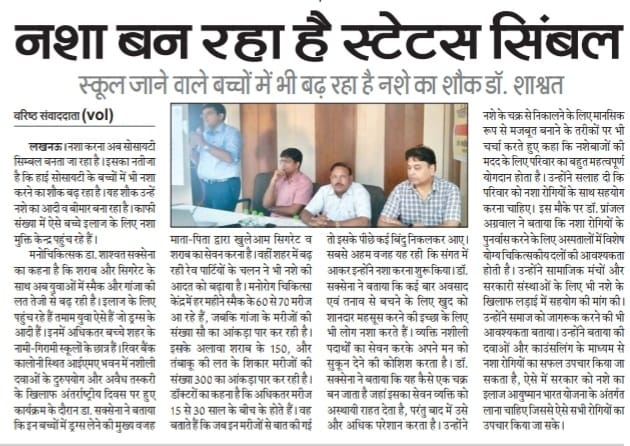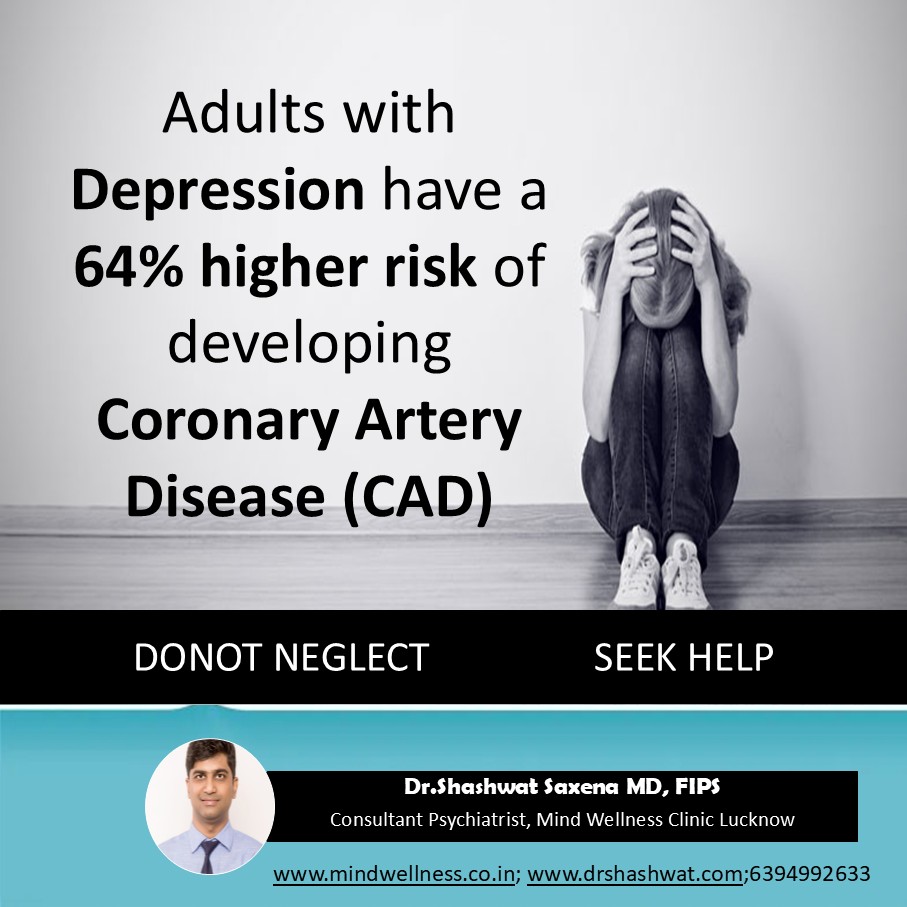Nutritional Deficiencies And Depression
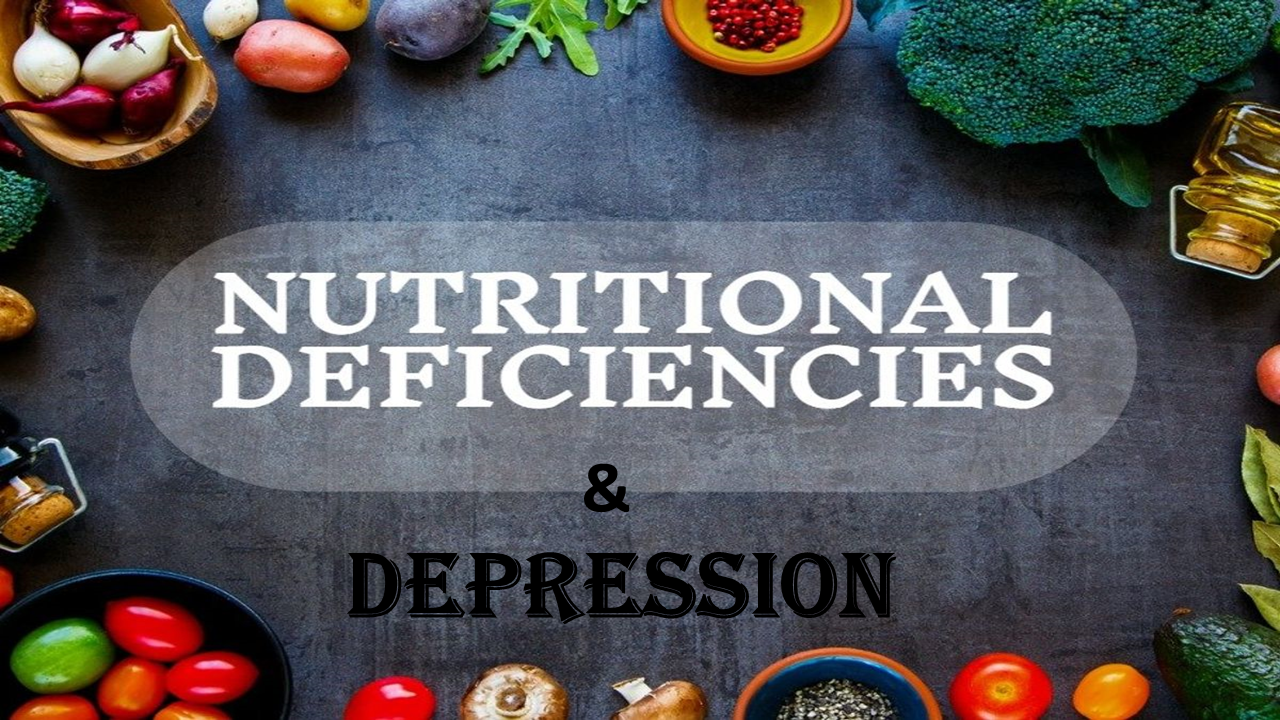
Clinical Depression is most common mental health problem
which effects every seventh person on earth once in his lifetime and its
prevalence as well as incidence are on rising. Complex interwinding of genetic factors,
personality attributes, hormones and psychological stress precipitates
disturbance in neurotransmitters (serotonin, nor-epinephrine and dopamine) or neurotransmitters
may get disturbed on their own resulting in Depression.
Nutritional deficiencies too may precipitate depression
or exacerbate depressive symptoms by complex mechanism as its these nutrients
which are needed for synthesis of neurotransmitters and hormones too.
Nutritional deficiencies found in depressed patients
could be due three reasons. First, they could be present before the start of
depression and would have predisposed person to depression. Second, they could
have resulted from poor dietary pattern of depressed patients as depressed
patients have poor appetite and often have unhealthy dietary patterns. Thirdly,
at times medications may interfere with absorption of some nutrients.
Five nutritional deficiencies are commonly found in
depression and treating clinician may have to supplement them after
appropriately testing them:
A)
Vitamin D deficiency: Vitamin D
deficiency is extremely common in India with reports suggesting upto 80%
Indians might be suffering from it unfortunately. Role of Vitamin D is well
documented in maintaining mood and cognition along with maintaining good musculoskeletal
health. Therefore, Vitamin D deficiency not just predisposes to body aches,
Fractures but also to Depression and may be a cause of somatic symptoms of
depression. Sunlight is most important source of Vitamin D but gradual shift to
urban life in congested localities and work schedule in cubicles has exposed us
to Vitamin D deficiency several fold. Egg yolk, mushrooms, fatty fish and
cheese are good dietary sources of Vitamin D.
B)
Folic Acid or Vitamin B9: Low folate
levels are found in upto one fourth of depressed patients. Folate has been
shown to improve levels of serotonin metabolite in brain. Folic acid gets
converted to L-methyl folate in body which is essential for serotonin
synthesis. Folates may be used as an adjunct to improve medication in case
anti-depressant have less than expected response. Green leafy vegetables, legumes,
asparagus and nuts are good sources of folic acid.
C)
Vitamin B12 or Methyl-cobalamin: Vitamin
B12 is important for neurological function, Cardiac wellness and mood. Vitamin
B12 is deficient in vegetarian diet and hence needs to be supplemented in
vegans. Vitamin B12 deficiency might lead to mood problems, concentration
problems & weakness and many times may present as depressive symptoms. Its
supplementation to anti-depressants has been found to improve medication effect
in case Vitamin B12 is low normal to low. B12 is most abundant in fish, meat,
egg and dairy products.
D)
Iron Deficiency: Iron deficiency has been
in depression and might well be a cause and exacerbating reason for anxiety,
poor concentration, poor appetite and bad taste in these patients. Therefore,
iron supplementation/rich diet is likely to help in deficient people as
reflected by ferritin. Iron supplementation may particularly benefit pregnant
women in preventing mood changes. Green leafy vegetables, dates, pumpkin seeds and
lentils are vegetarian sources of iron whereas chicken, liver are good
non-vegetarian sources of iron. Iron absorption in body can be improved by adding
lemon juice to the food item. That’s because Vitamin C helps in Iron absorption.
Latest Blogs
- How To Handle Addiction
- Depression
- Depression
- What Causes Addiction And How To Break Its Cycle
- Depression
- Amar Ujala
- Doordarshan Program " Doctors Speak"
- Depression
- Why New Year Resolutions Fail And How To Make Them Work
- Ocd
- Depression
- Depression And Cad
- Depression
- Depression
- Schizophrenia ; Rashtriya Swaroop
- Schizophrenia ; Rashtriya Swaroop
- Depression
- Autism
- Autism
- Depression
- Dainik Jagran
- Nutritional Deficiencies And Depression
You Also Know
.jpeg)
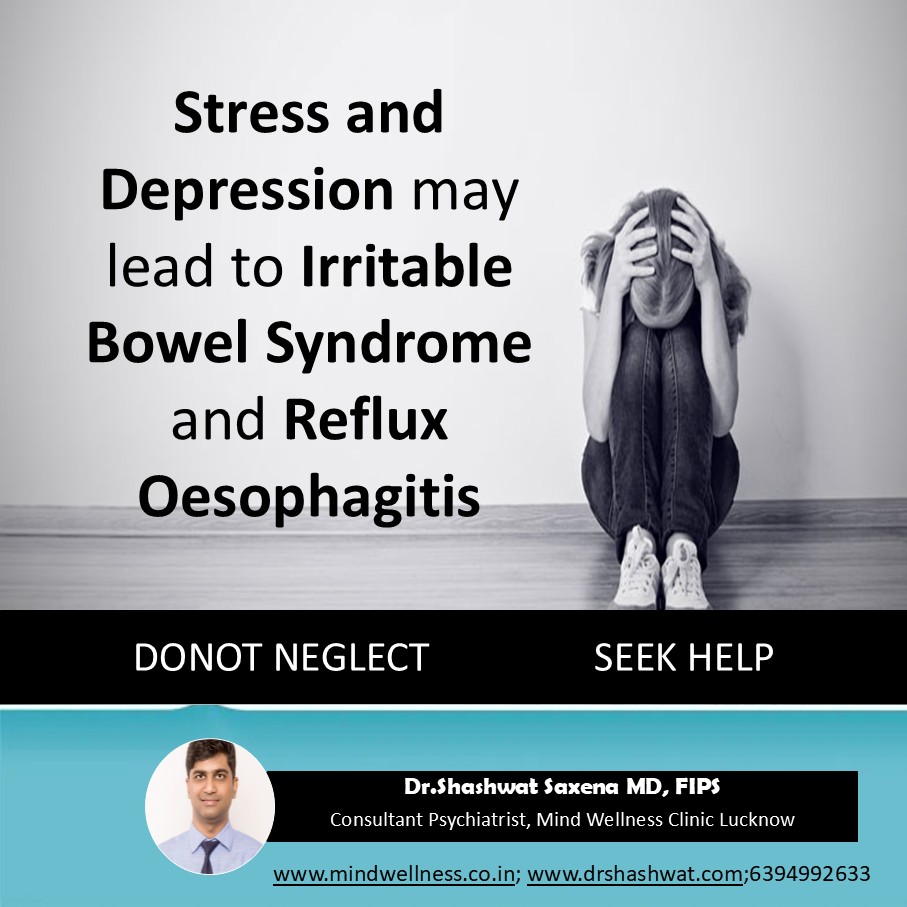

Doordarshan Program " Doctors Speak"
Doordarshan Program on depression with Dr. Prashant Shukla ...
Read More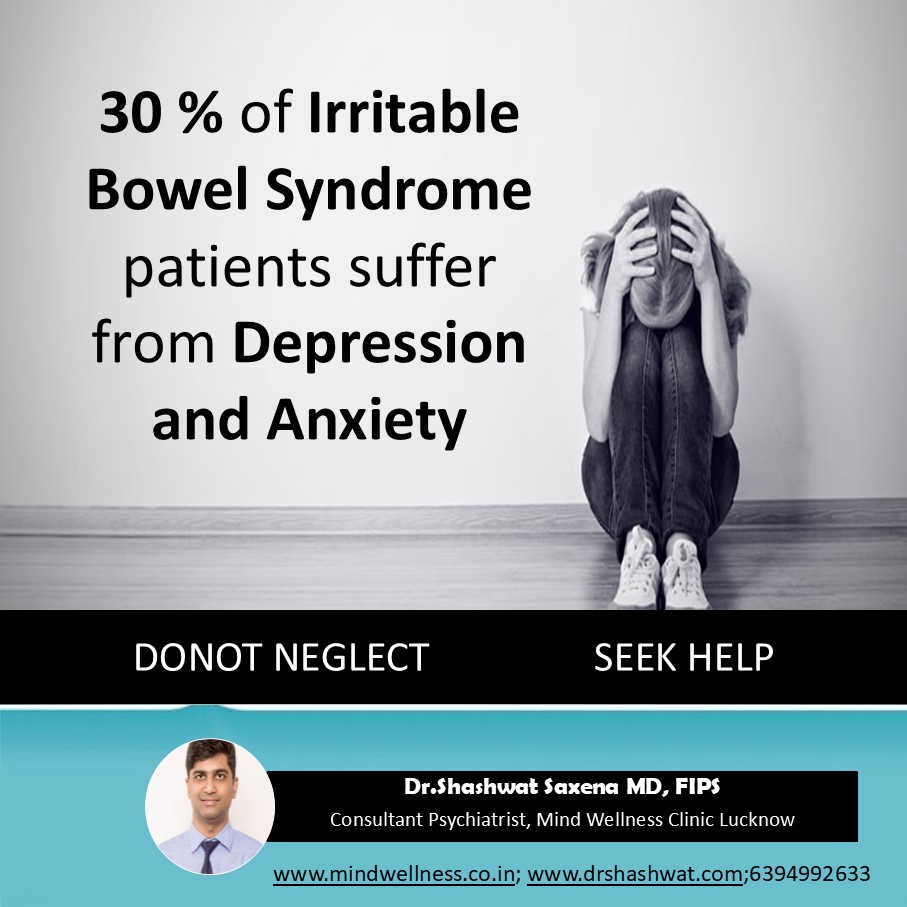
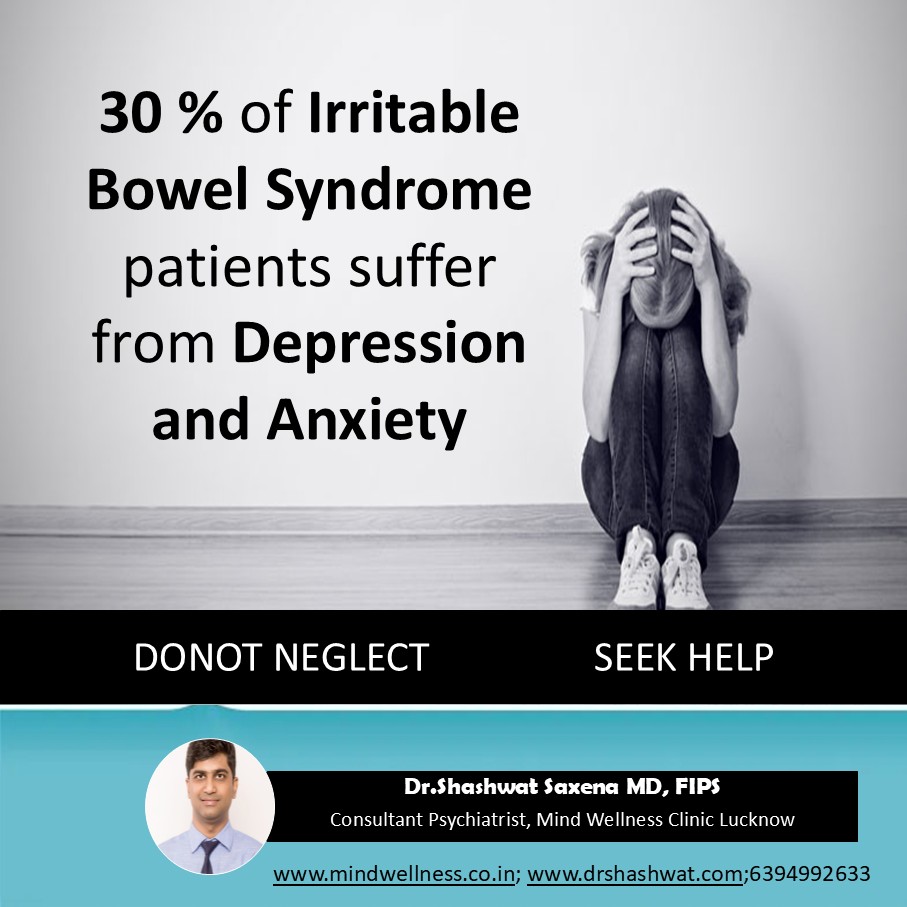
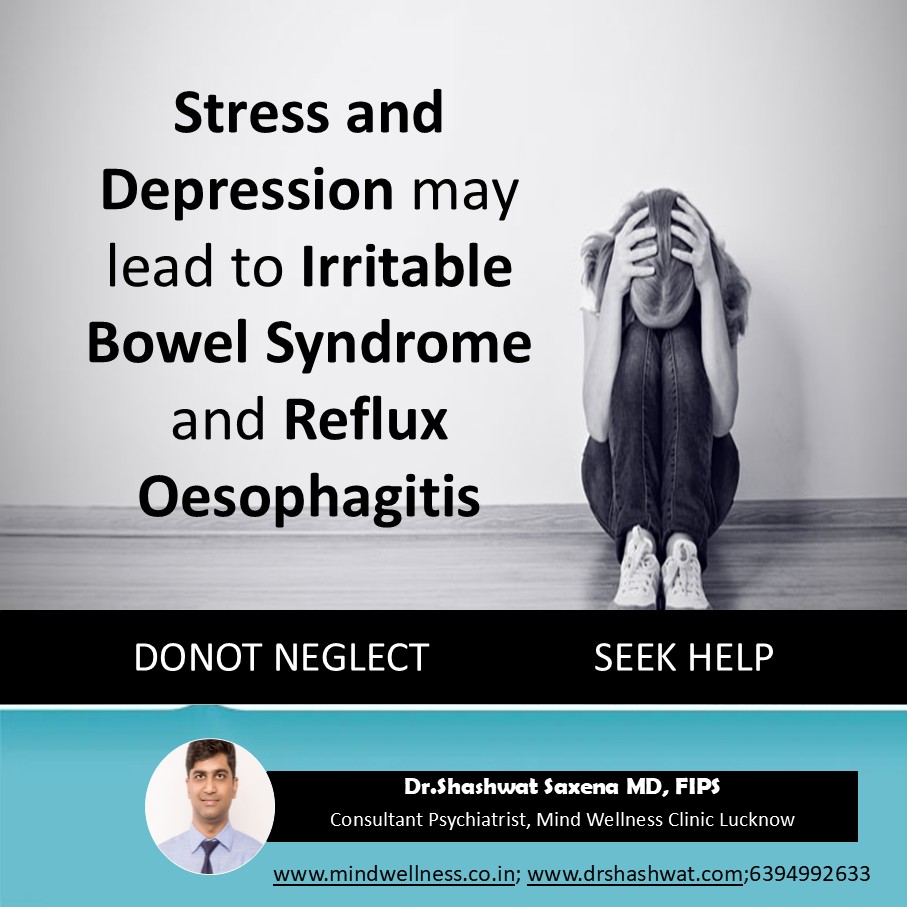
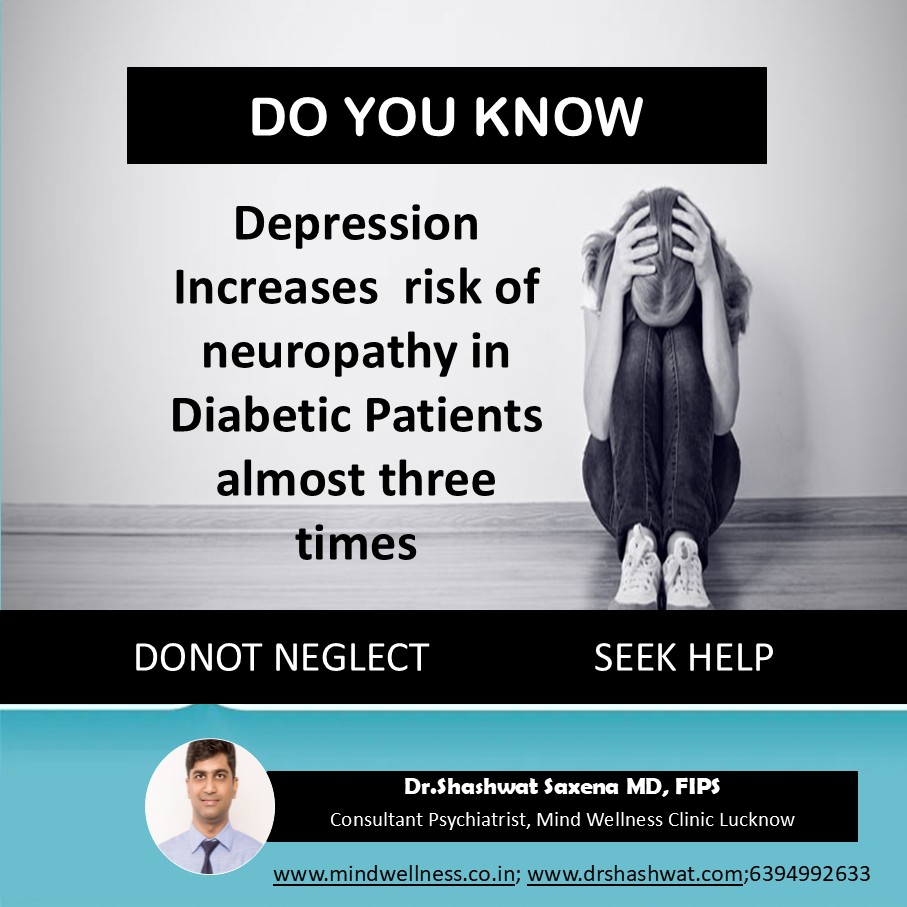
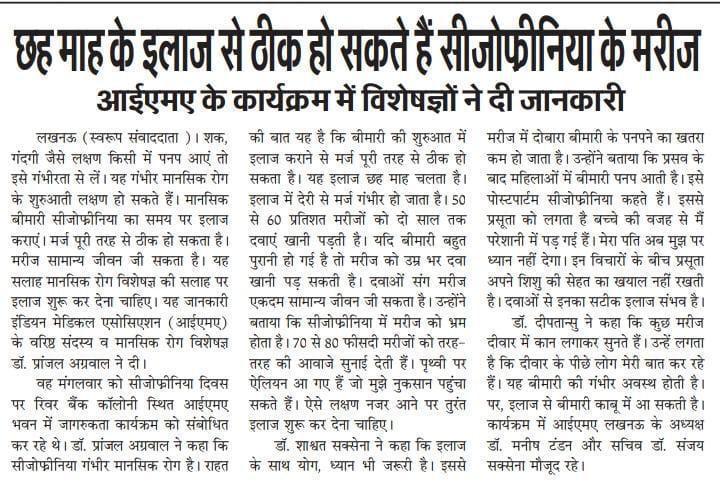

Nutritional Deficiencies And Depression
Nutritional deficiencies may predispose or increase symptoms of depression. Vita...
Read More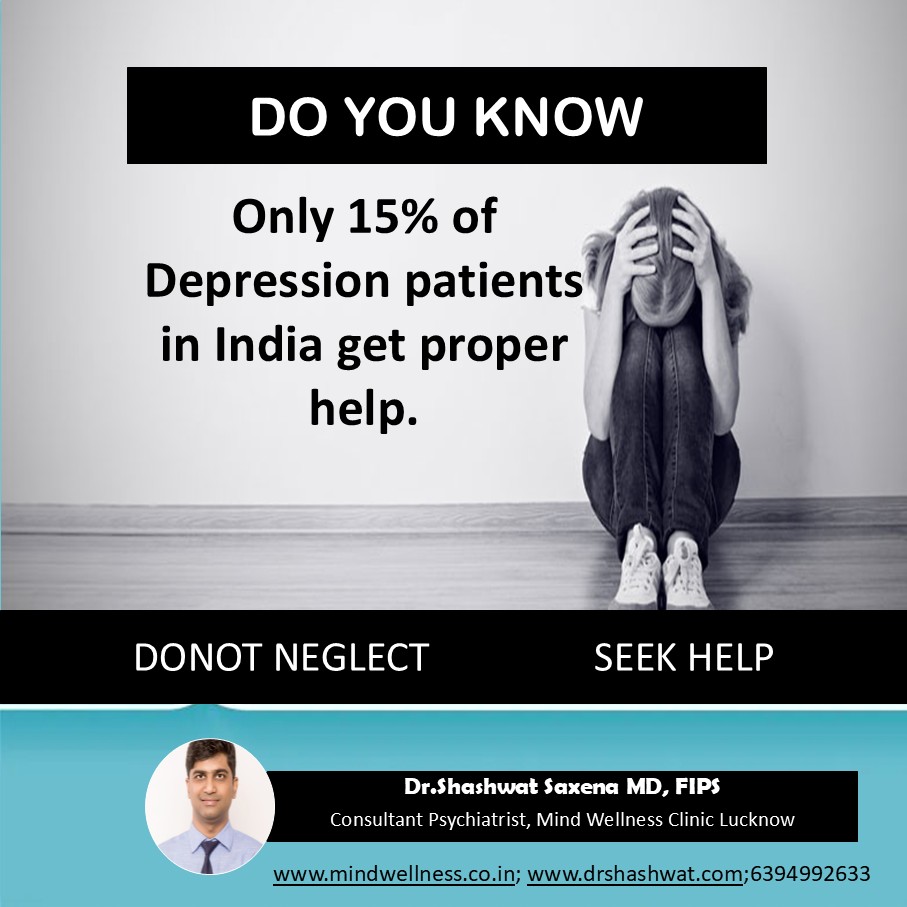
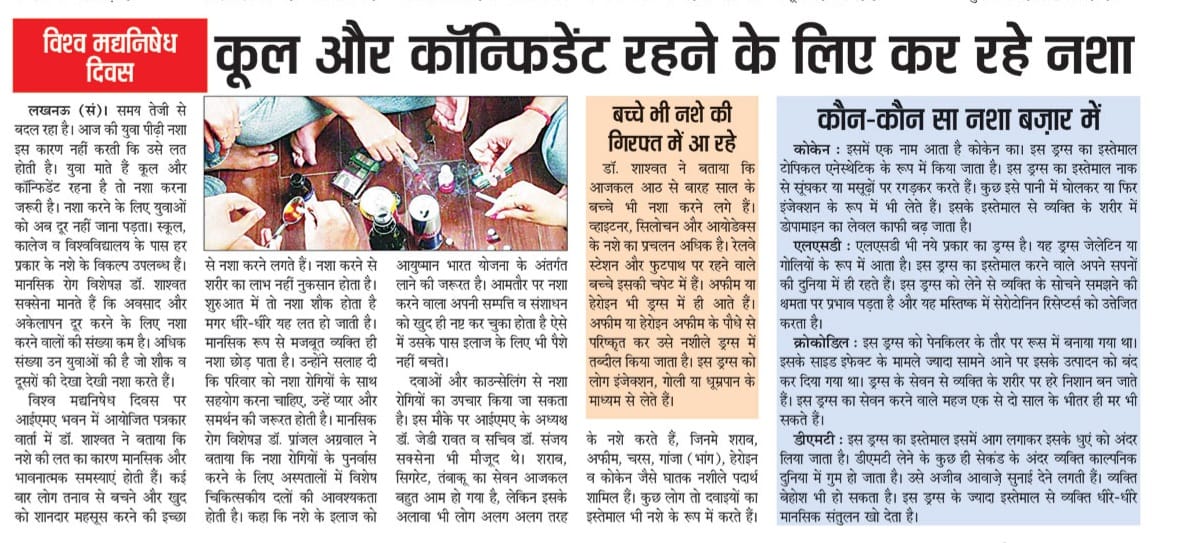
.jpeg)

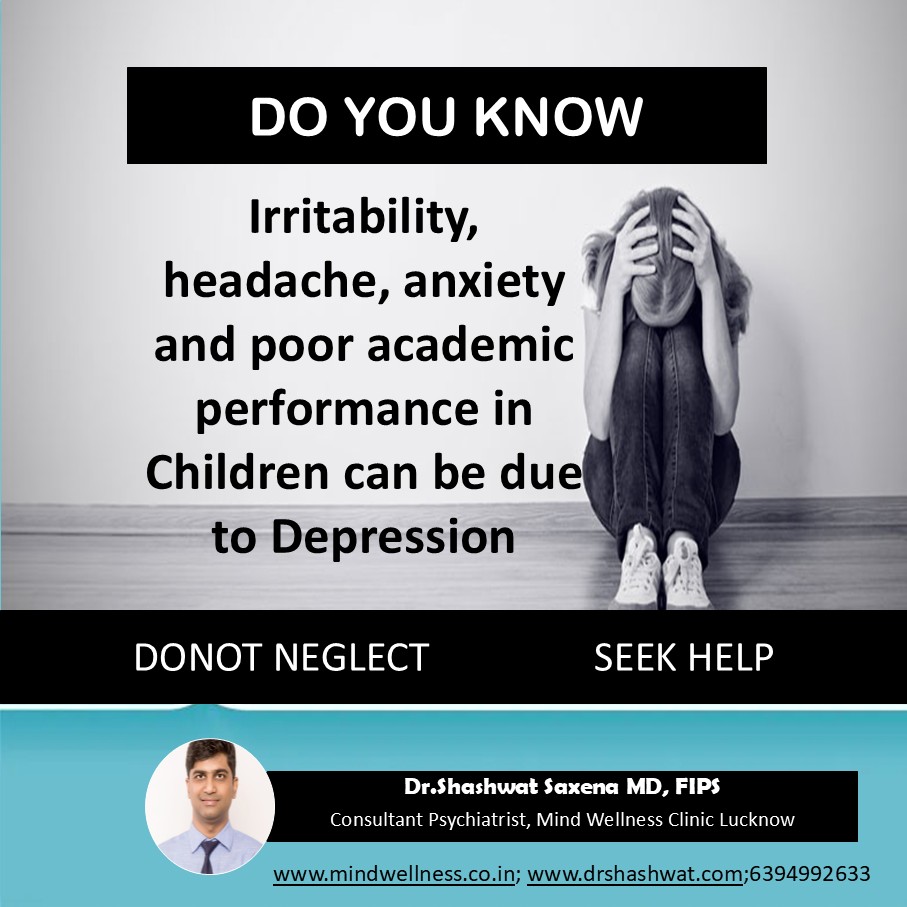

Why New Year Resolutions Fail And How To Make Them Work
Most people make resolutions for change but they fail to succeed. Why they fail?...
Read More